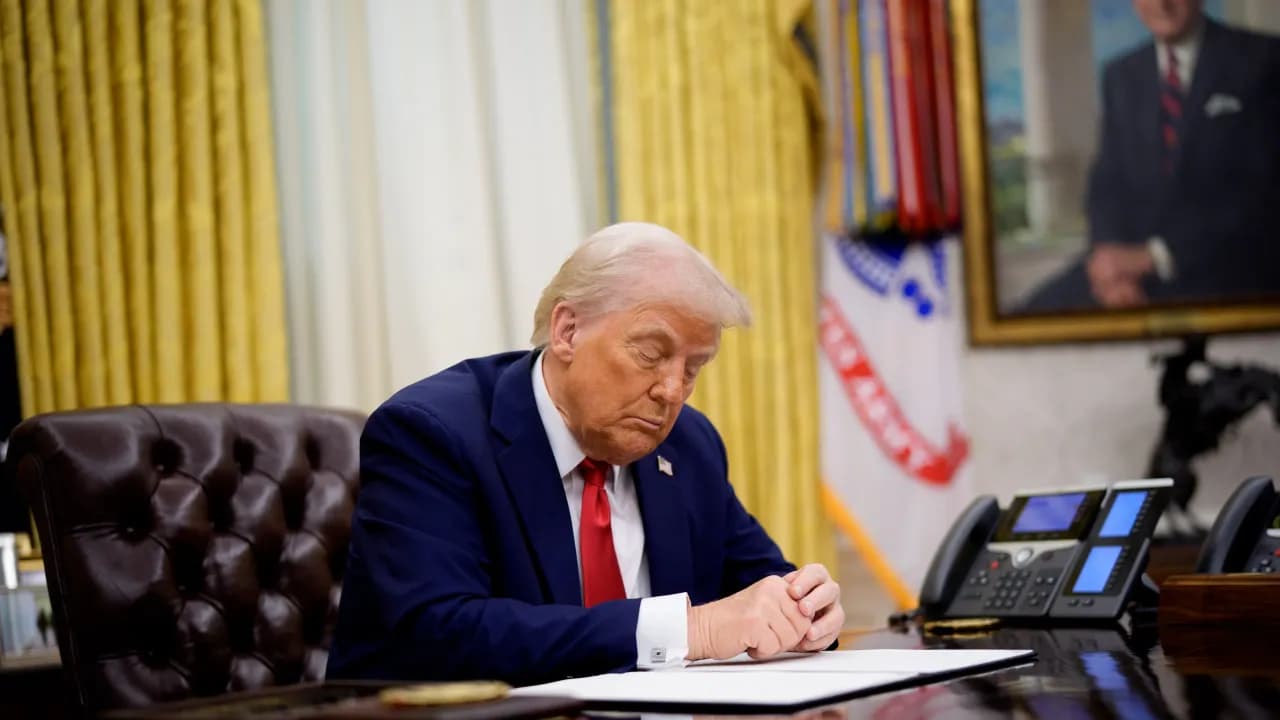Japan has agreed to expeditiously implement a 75% increase in the procurement of American rice and also purchase other agricultural products.
President Donald Trump on Thursday signed an executive order to implement the U.S.-Japan trade deal that was struck in late July, as both parties ironed out the wrinkles.
A White House statement said, “Under the Agreement, the United States will apply a baseline 15 percent tariff on nearly all Japanese imports entering the United States, alongside separate sector-specific treatment for automobiles and automobile parts; aerospace products; generic pharmaceuticals; and natural resources that are not naturally available or produced in the United States.”
The new tariff framework, along with expanded U.S. exports and investment-driven production, will help reduce the country’s trade deficit with Japan, it added.
Trump sought Commerce Secretary Howard Lutnick to launch a procedure to modify the auto tariffs to 15% from 27.5% previously, within seven days of the duty cut being published in the Federal Register.
Japan has agreed to expeditiously implement a 75% increase in the procurement of American rice and also purchase other agricultural products, including corn, soybeans, fertilizer, bioethanol, and others, totaling $8 billion per year.
The executive order also firms up the $500 billion Japanese investment in the U.S., which is expected to generate additional jobs and expand domestic manufacturing.
Following the formalization of the trade deal, the Japanese stocks started Friday’s session solidly higher, with the upside coming despite the yen’s strengthening. Auto stocks listed on the Japanese stock exchange opened notably higher but have since then come off the highs.
The iShares MSCI Japan ETF (EWJ), an exchange-traded fund (ETF) that tracks the investment results of the MSCI Japan Index, was seen up nearly half a percent in overnight trading. The ETF has gained over 18% so far this year compared to the 11.42% rise for the SPDR S&P 500 ETF (SPY) and the 12.81% advance by the Invesco QQQ Trust (QQQ).
The formal ratification of the U.S.-Japan trade deal came after several bickerings. In late August, Japan’s top trade negotiator Ryosei Akazawa canceled his visit to the U.S., with the country clarifying that specific points required further technical discussion and that, therefore, discussions were to continue at the administrative level.
It also comes at a time when Trump is fighting a legal battle to establish the legitimacy of his move to implement tariffs under the “International Emergency Economic Powers Act (IEEPA).
For updates and corrections, email newsroom[at]stocktwits[dot]com.<
